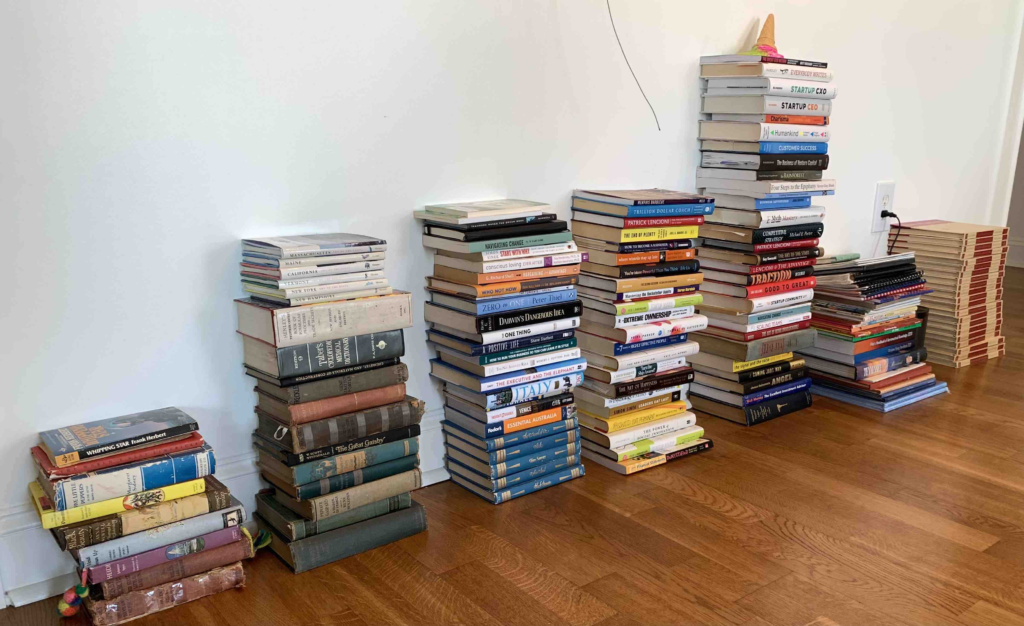It is important that we all understand the difference between Experts, Leaders, Mentors, and Coaches.
Experts: An expert is a person who has a comprehensive and authoritative knowledge of or skill in a particular area. You usually call upon them when things aren’t going well and you need help solving a problem. When you bring an expert they start tackling symptoms and technical faults.
Leaders: Certainly the best leaders coach but most guide and direct people without a coaching mindset. There are leaders that earn the respect and esteem of those they serve (aka Servant Leaders). There are situational leaders who are called to step in to fill a gap and help in a time of need. There are also the positional leaders who are placed in leadership roles – some, of course, try to earn the respect of those they lead once in those positions, but others may manage and abuse their power and authority, losing the respect of those they lead. This is not coaching either.
Mentors: Coaching is often confused with mentoring. A mentor shares with a mentee (or protege) information about his or her own career path, as well as provides guidance, motivation, emotional support, and role modeling. A mentor may help with exploring careers, setting goals, developing contacts, and identifying resources. They can take the form of teachers, sponsors, advisors, agents, role models, and confidantes. Mentors can be more experienced in the arena in which the advice is sought.
Coaches: A coach does not depend on being an expert or being more experienced – a coach is not passing down their knowledge and that is intentional. If a coach is working to increase and sustain performance, then that knowledge must be earned by the coachee. Mastery comes from self-belief. Coaching requires expertise in only coaching and those coaches who are not formally trained may even have greater coaching skills as they are also built over time going beyond the limits of formal training. Coaches do not need to be experts because they are awareness raisers for the coachee. Every time expert input is provided it diminishes the responsibility of the coachee. Coaching is about believing in the potential of the individual and creating self responsibility. It is very hard for those with high expertise to withhold their knowledge sufficiently to coach well. This is why you can point to many examples where the best players in the world of sports made horrible coaches. Experts tackle symptoms and technical faults, whereas a non-expert will raise self awareness of problems. Being detached from expertise brings curiosity on the part of the coach to guide coachee into a state of self awareness. Coaching is about optimizing individuality and uniqueness and never to mold opinions and best practices. Coaching has been defined by some as “partnering in a thought-provoking and creative process to maximize personal and professional potential.” The best coaches should take a coachee beyond the knowledge and other limitations of the coach.
